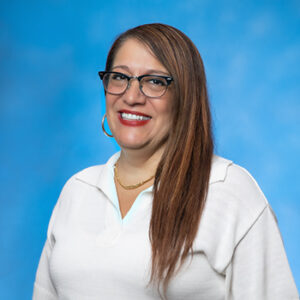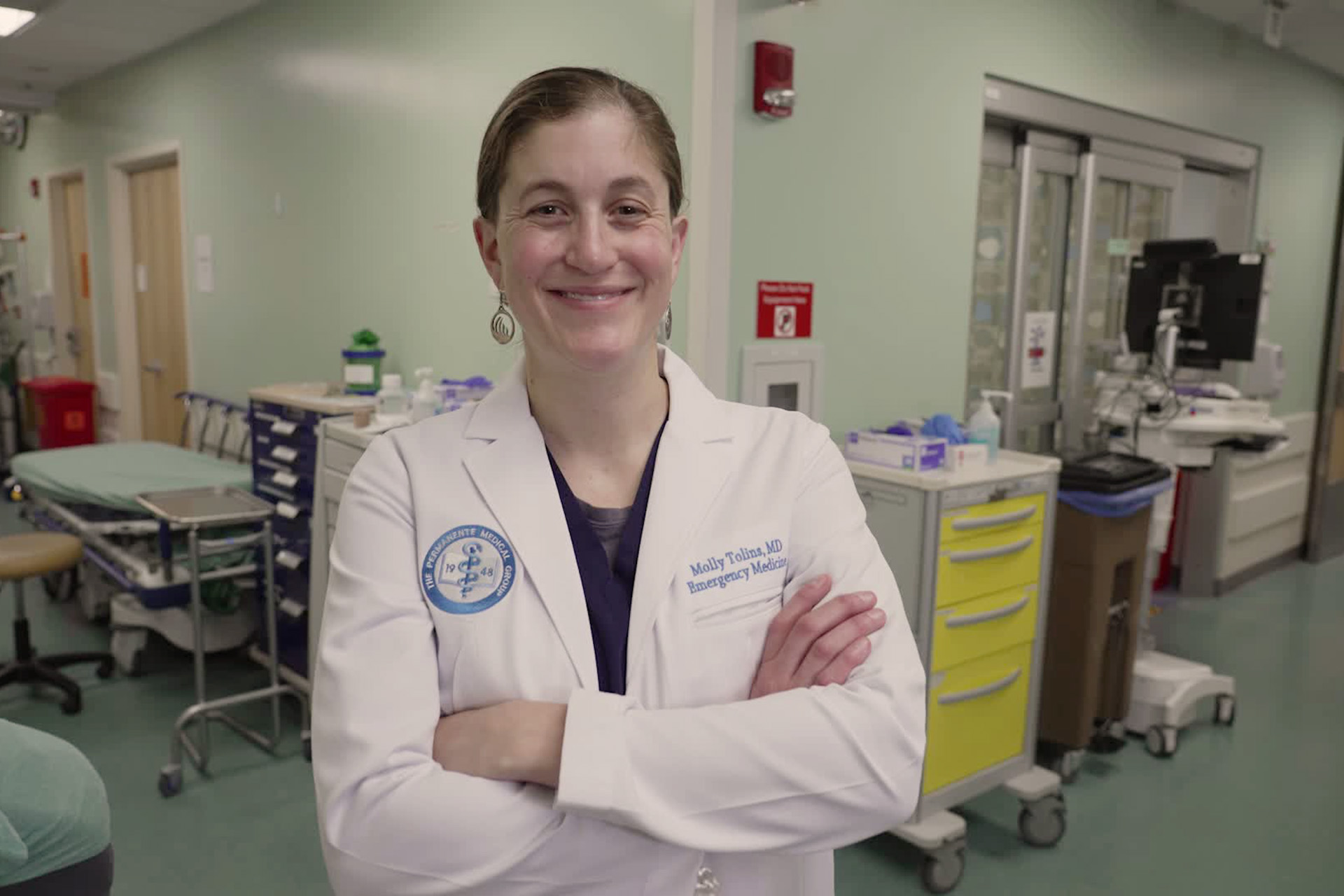Ever wondered what it takes to be a therapist? Lisa Arieta Hayes, Ed.D., MSW, LCSW, a social worker for more than 30 years, gives her perspective.
Hayes’ career has spanned outpatient clinics, private practice, residential units, and forensic social work. She has been a professor at San Jose State University for the past 26 years. Hayes is currently a practice specialist in the Mental Health Scholars Academy (MHSA), where she is a liaison with participating universities and supports master’s level students who are participating in supervised clinical counseling.
“The most exciting thing about the MHSA is that we are preparing people to provide mental health services during a time when there is a huge need for clinicians across California,” Hayes said. “And we are actively filling that pipeline with bilingual and diverse therapists who match the cultural and language needs of our members.”
What does it take to become a therapist through the MHSA?
There are 3 different master’s degree tracks: Marriage and Family Therapist (MFT), Licensed Professional Clinical Counselor (LPCC), and Licensed Clinical Social Worker (LCSW). For each you need to complete 60 units at 1 of our participating universities.
Part of that is a practicum where students are providing therapy under supervision. To get licensed in California, you need 3,000 supervised hours and to pass 2 exams. It sounds overwhelming, but it’s only about 3 years to complete the master’s degree and 1 to 2 years post-degree to get licensed — which goes fast.
Kaiser Permanente employees who are accepted into both the MHSA and a participating academic program will receive 75% tuition assistance.
How do you advise people considering the field but are uncertain?
They really need to look at the population they want to work with, and which degree would best prepare them for that. The MHSA has advanced degree programs, too. Behavioral health has more career tracks than people often realize.
The choice must fit the individual, as it did for me. I stumbled on my first social work class, with its focus on social justice. That is just me, wanting to make sure that people’s rights are respected. A path needs to resonate with who you are.

Beyond education, what are the softer skills one needs?
Empathy, so you can understand. But not sympathy, which is about you. With empathy you can say, OK, you had a hard time. What do we need to do for you to move forward?
Most therapists I know also have an innate quality to listen and respond almost with intuition. You can’t really teach that. Flexibility is also important: You need to meet people where they are at, not where you are at. Finally, you cannot be judgmental. You must have an open mind because you will see a lot of people who are not like you.
How do you not become overwhelmed?
When listening, it’s easy to have vicarious trauma, where we take what we have heard with us. The way I explain it to students is that it’s kind of like a surgeon. A surgeon can open a body and do all kinds of healing things, yet not pass out. It’s the same with a therapist. We must learn to basically build walls around ourselves as people are telling their stories — some of them very harrowing — so we don’t go down that path with them but instead can stay outside of it to help.
How do you avoid burnout?
You must have a self-care plan. That’s the only way to be able to shut if off when you go home so you are not awake worrying. Self-care is a learned skill. It’s taking regular vacations, and long weekends, exercising regularly, eating healthily, being with loved ones, and just having fun.
What in your work fulfills you?
For me, it’s anything from getting kids who have been hospitalized stable and knowing I had a piece in helping with that, to seeing several of my past clients become social workers. It’s so powerful to realize the impact that we can have. If I can get a person learning how to live a balanced lifestyle, that will impact a family for generations.
Kaiser Permanente employees, if you’d like to learn more about becoming a therapist with the support of the MHSA, register for an upcoming informational webinar session to hear more about MHSA degree programs and requirements.





Comments (3)
Hi, Erika. Follow this link to learn about deadlines for applying and requirements: https://scholarsacademyinside.kp.org/mentalhealthscholars/programs/apply/mhsa-degree/
If your questions aren’t answered, go to this link to send in your specific question:
https://scholarsacademyinside.kp.org/mentalhealthscholars/about/contact/
If I am a student counselor and looking for a place for internship/practicum and I am a KP employee, would I be qualified?
From the outside looking in there is a considerable vacuum when it comes to providing therapeutical support for citizens over sixty. General attitude is you are old … and need to be medicated to stay alive. More supportive therapy and education needs to be made available. … The aging mind may be slower but it remains creative when seniors are encouraged to engage with life.
Comments are closed.